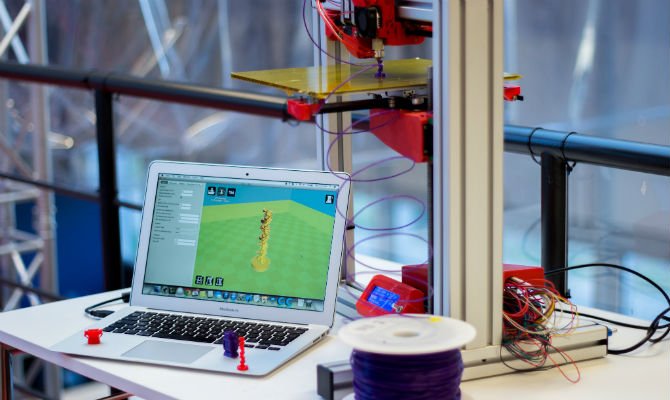Our world today faces more pressing challenges to sustainable development than ever in the history of humankind. The sheer number of people on the planet requiring access to food, clean water and sanitation, combined with the increased number of urban citizens, exacerbated by the effects of climate change, can be mind-boggling.
Building an inclusive and sustainable knowledge-based society is one of the most important aspirations of the global community. Information and Communication Technology (ICT) will be essential in achieving the Sustainable Development Goals (SDGs), committed to by all world leaders in addressing social, economic and environmental priorities beyond 2015, and might even help to support an accelerated path toward their achievement.
The Millennium Development Goals (MDGs) era since 2000 has seen an explosion in access to ICT: Mobile subscriptions jumped from 750 million to more than 7 billion. By 2020, 90 percent of the world's population will be covered by mobile-broadband networks. Mobile continues to transform the lives of ordinary people by enabling them to make life-saving emergency calls, learn numeracy, literacy and ICT skills, consult news and weather services, source better prices for their produce, engage with local government, and conduct business transactions.

Broadband, including mobile broadband, is fundamental to ensure connectivity at sea and in the air, as well as on land in remote areas, and will also facilitate emergency and humanitarian communications, distance learning, and electronic commerce; and in public-health matters, broadband will enhance remote diagnosis, the tracking of symptoms, and mapping epidemics and outbreaks of disease. Furthermore, broadband promotes increased opportunities for women and girls to participate in economic and social activities. Adding to these benefits, the ICT sector emits less than two percent of global greenhouse-gas emissions, while helping to offset omissions from sectors responsible for the remaining 98 percent.
UN-Habitat predicts that by 2030, 60 percent of all people will live in cities. Our Networked Society City Index ranks 40 cities and measures their ICT maturity in terms of leverage from ICT investments in economic, social and environmental development: the "triple bottom line" effect. We can see how connected cities are better equipped from a sustainability perspective. In fact, cities will be the major arena in which ICT can bring solutions for economic, social, and environmental growth.
All industries are facing the digital transformation driving demand for greater levels of connectivity and mobility with dramatic implications for global sustainability. As businesses become more efficient, we can also impact on consumption in ways that were previously unthinkable. The shift from a product to service-based economy will also allow us to enjoy more resource-efficient services, while decoupling things like CO2 emissions from economic growth. Solutions like smart grids, connected buildings and homes, smart and engaged citizens, digital wallets, mobile banking, 3D printing, sharing economies, and connected vehicles are some examples of how society is transforming.

One important target of SDG 9 is to significantly increase access to ICT and universal and affordable access to the Internet. In my role as a Commissioner on the Broadband Commission for Digital Development, I have led the work on ICT and the SDGs, to ensure that the awareness of the benefits of access to ICT increases throughout society as well as being part of providing universal and affordable access.
To date, too few sustainability initiatives have focused on the importance of transformative solutions. There is increasing recognition that ICT can play a role in improving socio-economic development, creating low-carbon economies, and governance and transparency, not to mention enabling billions of people to communicate and collaborate. We are entering a new era where development experts, governments and other stakeholders simply must start to recognize the private sector's capability to jointly bring scale, solve problems, and create new business models.
The UN Sustainable Development Solutions Network (SDSN) is one public-private forum where such ideas and solutions can come to fruition. As a member of the SDSN Leadership Council, I strongly believe that we can mobilize leaders from academia, business, civil society, and other development organizations to promote problem solving and practical solutions for the pressing challenges of sustainable development. The focus on solutions that show the potential of technical and business innovation is a clear win-win.
With the global commitment to the SDGs, it is now a matter of government policy-makers and those responsible for national development strategies, to include ICT as a fundamental infrastructure in sustainable-development plans. It is also a time for leadership, for new partnerships, and for the private sector to make known and available transformative solutions that can scale, like ICT. As CEO of Ericsson, I am leading 115,000 colleagues who will continue to advocate globally for greater recognition of ICT as essential to sustainable development. We will continue to deliver on our own ambitious targets, which drive sustainability, as a core part of our business strategy, and result in positive impacts on society.
This piece was contributed by Hans Vestberg, President and Chief Executive Officer of the Ericsson Group.